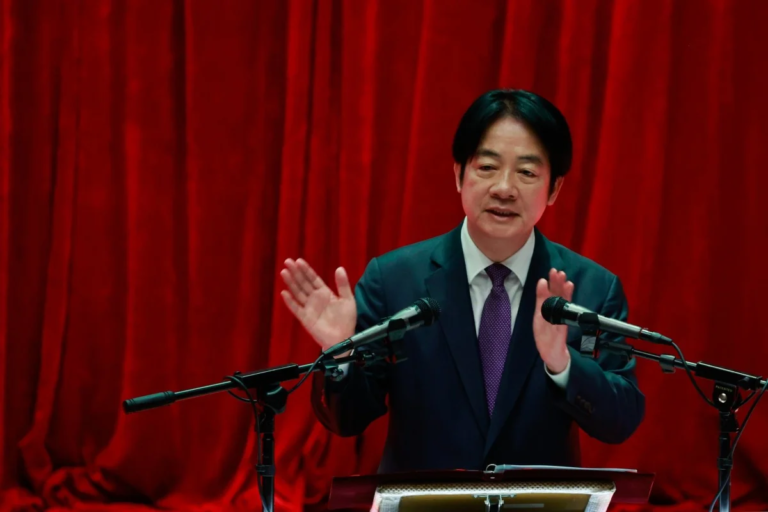
Taiwan’s President Tsai Ing-wen has hailed a $100 billion semiconductor project in Arizona as a significant step toward reducing global reliance on China for advanced chip manufacturing. Speaking during a recent visit to the United States, Tsai emphasized the importance of diversifying the global semiconductor supply chain to bolster economic and national security.
The project, spearheaded by Taiwan Semiconductor Manufacturing Company (TSMC), aims to establish a leading-edge chip fabrication facility in Arizona. TSMC, the world’s largest contract chipmaker, is widely regarded as a critical player in the global semiconductor industry, which powers everything from smartphones to advanced defense systems.
“This initiative represents a strong commitment to strengthening supply chain resilience and fostering closer economic ties between Taiwan and the United States,” Tsai said. “By bringing advanced semiconductor capabilities to the U.S., we are taking a proactive approach to address geopolitical risks and ensure the stability of this vital industry.”
The Arizona facility is expected to produce cutting-edge 3-nanometer chips, a technology currently dominated by TSMC and South Korea’s Samsung. Analysts view the project as part of a broader strategy to counter China’s growing influence in tech and reduce overdependence on Taiwan, which has been a focal point of geopolitical tension.
The announcement comes amid escalating concerns over potential disruptions to the semiconductor supply chain, given ongoing tensions in the Taiwan Strait. By establishing a robust manufacturing presence in the United States, TSMC aims to secure a more stable and diversified production network.
The project is set to create thousands of high-skilled jobs and is seen as a key pillar of the U.S. government’s strategy to revitalize domestic semiconductor manufacturing.
Taiwan’s President William Lai Ching-te said that a Taiwanese semiconductor company’s massive investment in Arizona is the “best model” for the island’s effort to build computer chips supply lines that don’t rely on Chinese producers, in remarks to the state’s visiting Governor Katie Hobbs.
Taiwan’s leading chipmaker TSMC has committed $100 billion to build three chip foundries, an R&D center and two packaging facilities in Arizona, on top of a previous pledge to build $65 billion in three chip foundries in the state, one of which has begun operations.
Lai and TSMC say that the latest mega-investment stemmed from customer demand and not pressure from the administration of President Donald Trump.
Trump previously said that Taiwan had taken away the U.S. chip business and that he wanted it back.
At their Tuesday meeting, Lai said Taiwan and Arizona were working to build a “non-red” supply chain that excluded suppliers from China, which threatens military action to assert its claim over the island.
TSMC has said the development plans in the U.S. would not affect its work in Taiwan, and that the company currently has 10,000 employees researching and developing 1.0 nanometer chips. Taiwan accounts for more than 90% of advanced computer chip production.





